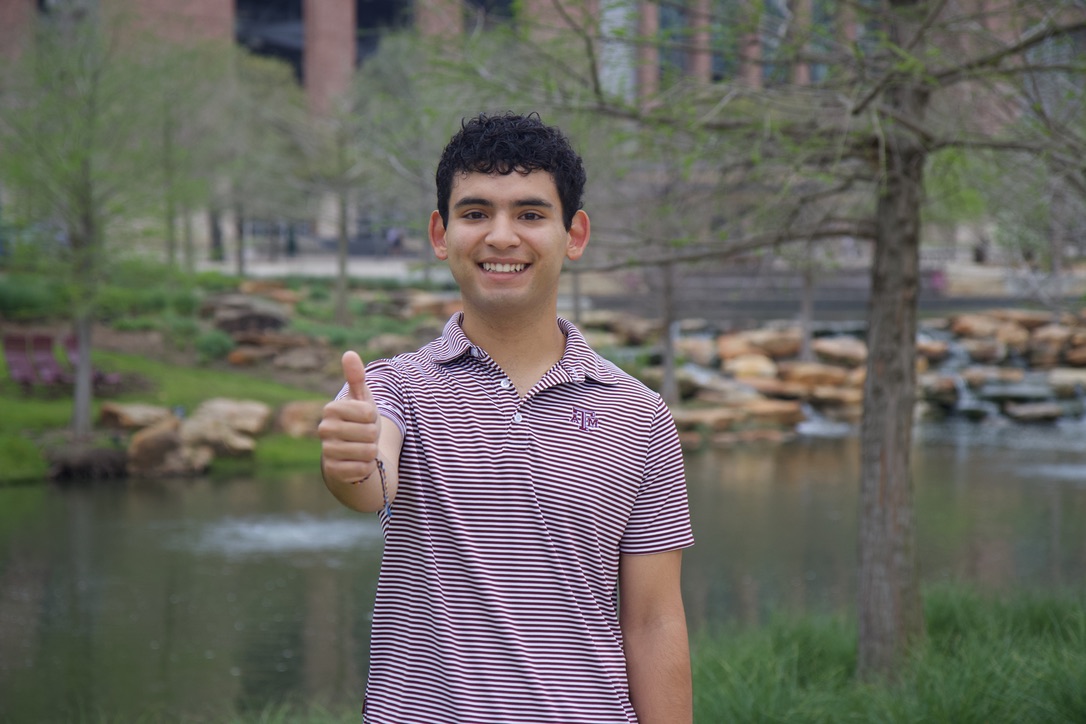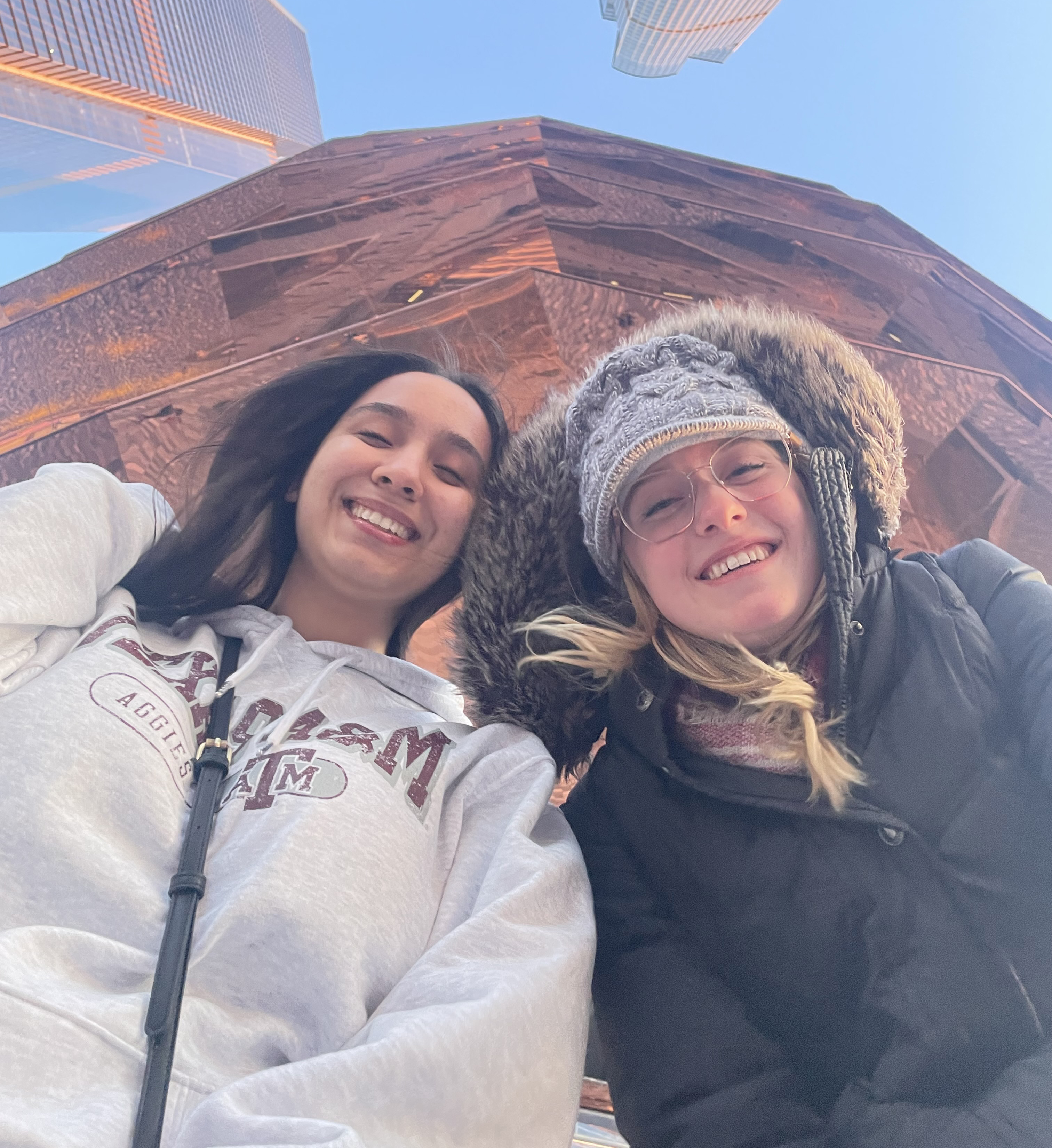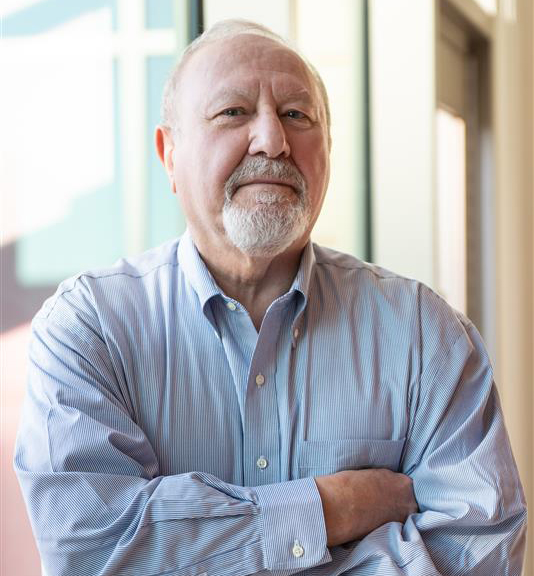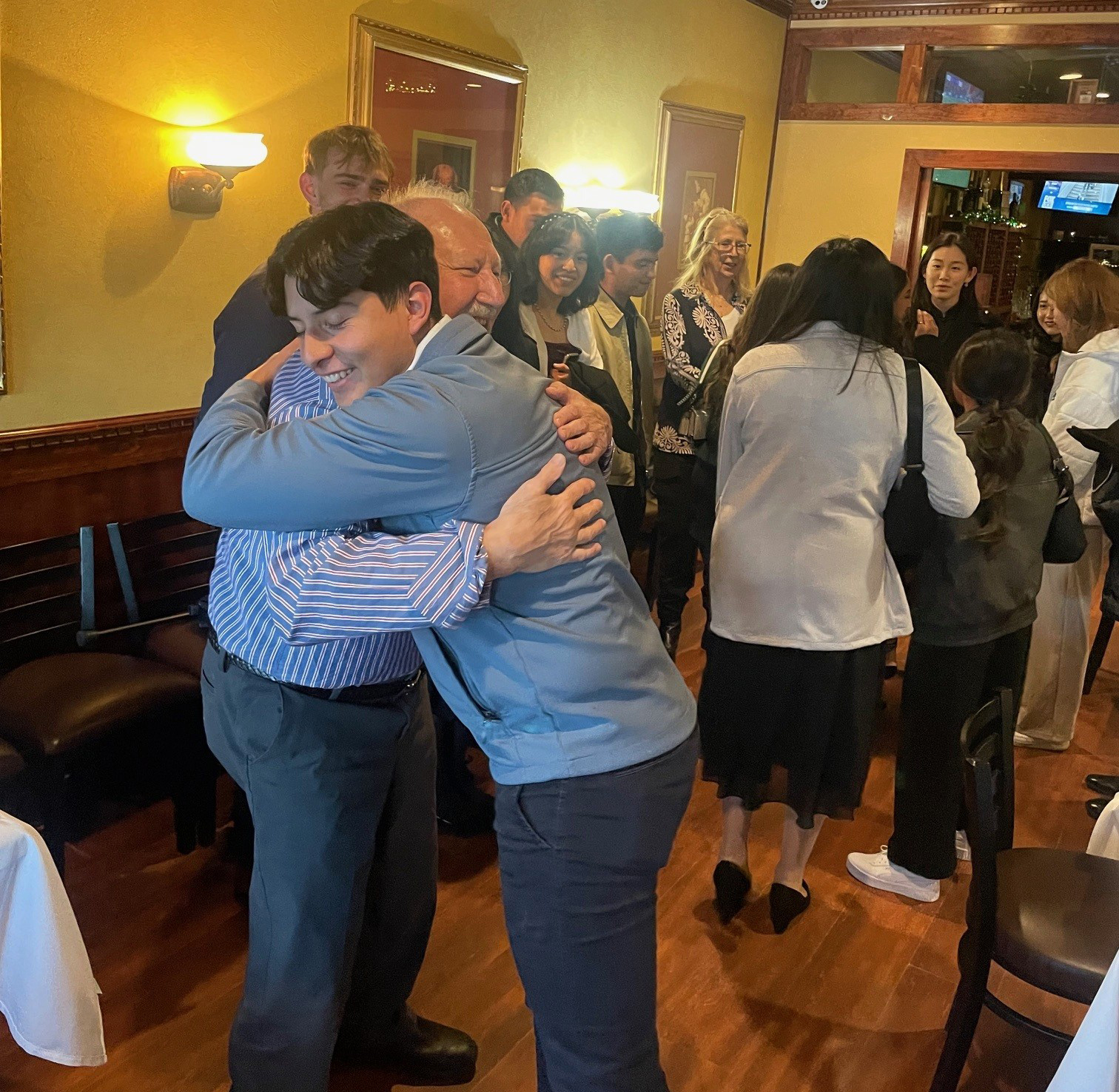
Imagine you were shown a photograph of your dream destination, told that you could travel there and that opportunities await that would help you achieve your highest goals. But you did not have the resources to make the trip, you did not have a map showing how to get there and you were not sure how to take advantage of the opportunities once you arrived. This is often the situation that first-generation students find themselves in after meeting Texas A&M University’s high admissions standards.

“First generation students are less likely to have someone close who can help them understand what it takes to be successful in college,” said Brandy Snyder, assistant director of the College of Arts and Sciences’ Undergraduate Student Success Team. “They may lack financial support, struggle to understand university policies and procedures, have difficulty accessing resources and support services and feel isolated and alone.” As a result, these students are at a higher risk of leaving college without completing their education and earning a degree.
“Between the fall of 2023 and the fall of 2024, the College of Arts and Sciences retained 6.5% fewer first-generation students than non-first-generation students,” said Snyder. “At the same time, less than half of the number of first-generation students in the college received scholarships when compared to non-first-generation students.”
Through its Arts and Sciences Leadership Scholars program, the College of Arts and Sciences offers a comprehensive support system for first-generation students to help them achieve personal, academic and professional success.
“Through the generosity of donors, the four-year ASLS program prepares first-generation scholars to be successful leaders inside and outside of the classroom, providing resources, support and opportunities,” said Snyder.
Resources

Scholars receive a four-year scholarship and participate in the program throughout their undergraduate career. They learn how to think strategically about every phase of their academic journey, identify and follow best practices, develop critical thinking skills and increase their sense of belonging and self-confidence.
Navigating The College System
Scholars benefit from a Peer Mentor structure during their first year, learning from other first-generation students who have completed at least one year in the program. The program connects new scholars with Aggies who share similar experiences, understand how to be academically successful and leverage campus resources and who can serve as role models. Workshops provide scholars with practical guidance on academic success, time management, financial literacy, career development and more. The workshops are tailored to meet the needs of first-generation students.
Peer mentors share their experiences and help new students feel more connected and welcome.
Taking Advantage Of Opportunities
High-impact learning opportunities such as community and service-based learning, undergraduate research projects, out-of-state travel, study abroad and participation in student organizations are just a few of the experiences available to scholars. Peer Mentors and program coordinators with the college’s Undergraduate Student Success Team assist and guide scholars as they consider which opportunities best align with their academic and career goals.
One Scholar's Academic Journey

As the oldest of four children, Aileen Diaz ’26 is a first-generation student who dreams of becoming a doctor. “I graduated from the School of Health Professions, a magnet high school in Dallas,” said Diaz. “My coursework, the labs and internships at healthcare facilities set me on the path to pursuing my undergraduate degree in biology with the goal of completing a dual MD-Ph.D. program to become a physician-scientist.”
With the help of her ASLS scholarship and program support, Diaz is making the most of her undergraduate years to prepare for a career in medicine.
“Underclassmen have biweekly meetings with program coordinators from the college’s Undergraduate Student Success Team and as upperclassmen, we meet monthly. We attend workshops on relevant skills including interviewing, budgeting and studying for success and we meet with our peer mentors,” said Diaz. “Peer mentors share their experiences and help new students feel more connected and welcome.”
Student scholars may also have an opportunity to travel as part of their educational enrichment. Diaz made a trip to New York City during Spring Break 2024, when she boarded an airplane for the first time to explore historical sites, museums and culture. In May, she travelled to Yucatan, Mexico, to participate in the Introduction to Research Abroad Program. “There will be about 74 students, working with eight faculty leaders at four host universities to develop our research proposal,” said Diaz. “After two weeks, we return to our own campuses to work on the project remotely throughout the summer.” Donors helped make these high-impact learning experiences possible.
From First-Generation Student To Donor

A first-generation college graduate, Ersen Arseven ’74, earned his doctorate degree in statistics from Texas A&M University, a master’s in economics from the University of Pennsylvania and a bachelor’s from Ankara University, SBF Ankara, Turkey. As a student from humble origins, Arseven relied on scholarships and loans to pay for his university education. This instilled in him a deep sense of gratitude and a desire to help others.
Recognized as a pioneer in biostatistics, Arseven has generously supported Texas A&M faculty, students and programs for the past 20 years, most recently giving to the ASLS program.
“I believe it is my duty to give back, to help equip students to make a good living and the ASLS program does this,” said Arseven. “Ideally, each student’s education will go beyond the classroom to include internships, research opportunities or travel to introduce them to different experiences, perspectives and cultures.”
Arseven met Diaz and other student scholars while they were in New York City. “Visiting museums, seeing iconic landmarks like the Statue of Liberty and experiencing the innovation and creativity that makes this city unique are all fantastic educational opportunities,” said Arseven. “My hope is that scholars are inspired to continue learning, to broaden their understanding of the world around them and when they are able - to create opportunities for future students.” One of Texas A&M’s strongest traditions is Aggies helping Aggies.
“I am so thankful for the donors who support ASLS,” said Diaz. “This program has provided me with support and opportunities that I wouldn’t have had otherwise.”
To learn more about how you can support the Arts and Sciences Leadership Scholars program in the College of Arts and Sciences, contact Ophelia Bennett, Chief Development Officer at obennett@txamfoundation.com or 979-862-1546. Visit the program webpage here to learn more.
